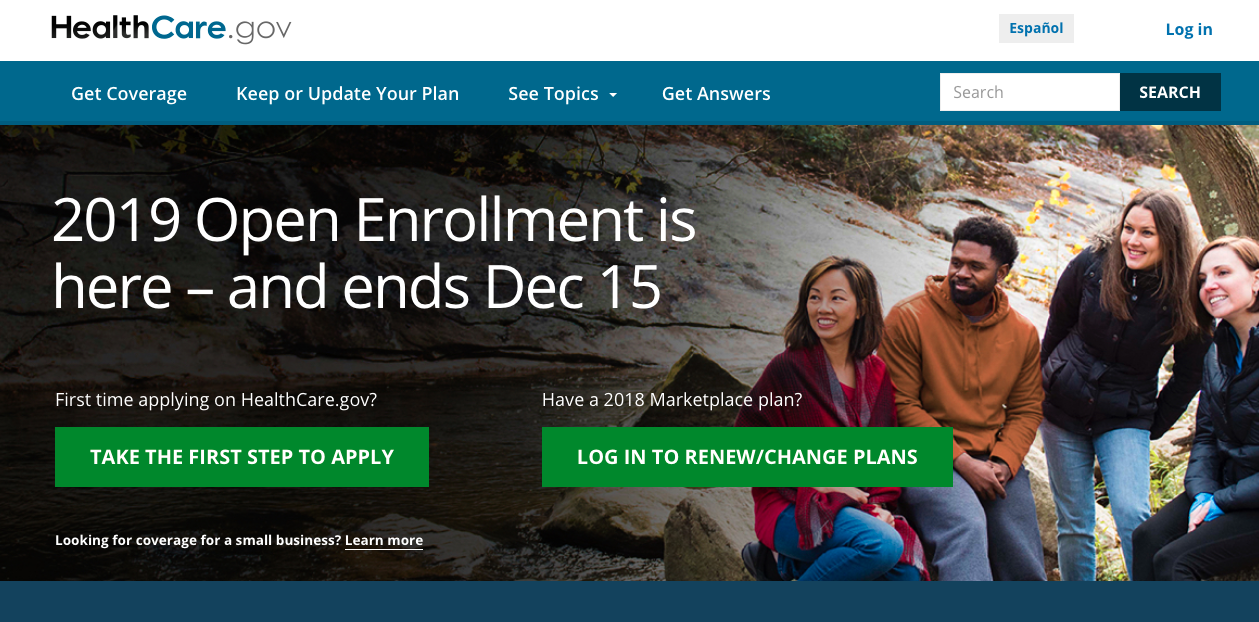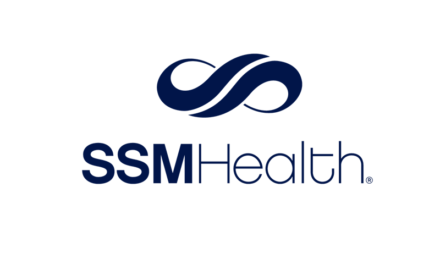
Cuts, economy, lack of awareness could be causing ACA enrollment lag

The Trump administration’s cuts to outreach, a strong economy and a lack of awareness could explain why Healthcare.gov enrollment in Wisconsin is behind where it was last year.
There were 62,150 Wisconsinites who selected plans on Healthcare.gov between Nov. 1 and Nov. 24, according to federal data released Wednesday. Last year, 78,269 selected plans by Nov. 25.
Open enrollment ends Dec. 15 for 2019 plans.
Centers for Medicare and Medicaid Services Administrator Seema Verma told reporters Tuesday that a number of factors could be influencing sign-ups, including a low unemployment rate.
“Our numbers are a little bit lower than what they were in the previous year,” she said, according to audio posted by the Association of Health Care Journalists. “However, it’s still early and that could change.”
While premiums are lower this year, Affordable Care Act plan rates “are still high,” Verma said.
Caroline Gomez-Tom, Milwaukee Enrollment Network program manager and navigator program manager for Covering Wisconsin, said the lag may be due to less focus on open enrollment compared to previous years, given the recent midterm elections.
“It’s just been hard to continue to get the word out,” she said. “We’re trying to really hope that we’re going to reach as many people as last year.”
The federal government has cut its funding to navigators that help people sign up for Affordable Care Act coverage in Wisconsin by 85 percent over the last two years, from $1.3 million to $200,000, according to the Kaiser Family Foundation.
That’s minimized the in-person assistance provided by Covering Wisconsin, which is mostly doing appointments in Milwaukee and Dane counties, Gomez-Tom said.
Karen Pollitz, senior fellow at Kaiser, said the Trump administration has cut back “pretty drastically” on federal spending for enrollment assistance and outreach.
“Unemployment is low,” she said. “When unemployment is down, reliance on the individual market also tends to decline just generally because people are more likely to have a job with benefits.”
Congress repealed the individual mandate for 2019, although it’s unclear what impact that’s having on enrollment decisions, Pollitz said.
Another factor influencing enrollment could be new regulations that promote the sale of short-term health plans and association health plans that don’t have to comply with some ACA regulations, she said.
Pollitz added that a factor working in favor of open enrollment are subsidies that lower the cost of plans.
For instance, a few consumers that receive tax credits in some Wisconsin counties may be able to buy plans without having to pay a premium, according to a Kaiser analysis.
This article first appeared in the Wisconsin Health News daily email newsletter. Sign up for your free trial here.





